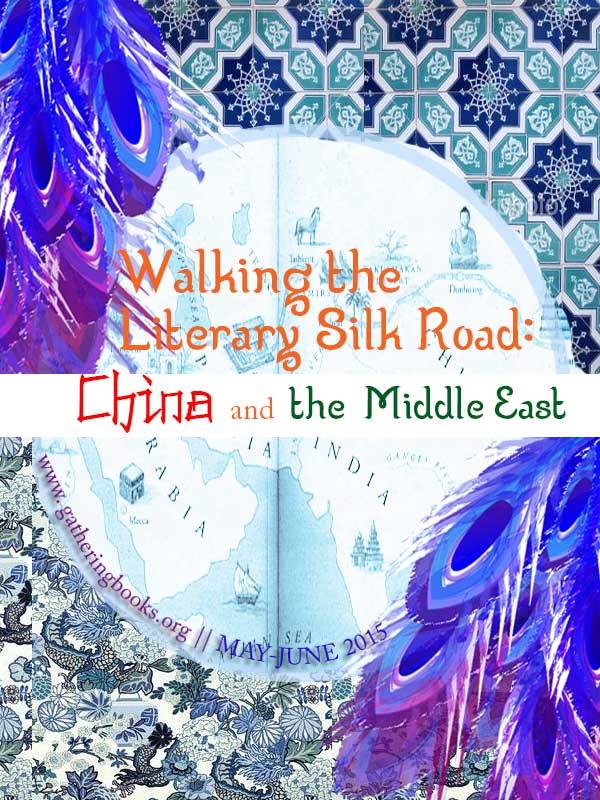Myra here.
We are delighted to join the Nonfiction Picture Book Challenge 2015 hosted by Alyson Beecher @ Kid Lit Frenzy. We would also be linking our nonfiction choices with our reading themes throughout the year, as well as reading challenges that we have pledged to join this year. Our reading theme for May-June – Walking the Literary Silk Road: China and the Middle East.


Father’s Chinese Opera
Written and Illustrated by: Rich Lo
Published by: Sky Pony Press, 2014
Book borrowed from the Jurong West Public Library. Book photos taken by me.
Father was the band
leader and composer
of the Chinese opera
in Hong Kong.

Sometimes I sat on
top of the instrument
cases and watched
the actors onstage.
And so this story begins, along with the young boy’s love affair with the opera: the music that his father composes, the gravity-defying moves of the acrobats, the colourful costumes and masks worn by the actors. Then one day, the young boy approached Gai Chui, the best acrobat in the opera to teach him some acrobatic moves.

The young boy practiced tirelessly and was able to name the movements used by the acrobats such as the Praying Mantis and the famous Crouching Tiger. After showing off his new skills to his friends, he boasted that soon he would be part of the opera. Much to his chagrin, the teacher laughed at him when the young boy informed his teacher that he is now ready to take on his assignment as one of the actors onstage: “Presumptuous boy! Do you think you can be part of the opera so quickly?”
His spirit crushed, the young boy went home and sulked. His father, upon noticing the young boy’s disappointment, told him stories about the training he needed to go through himself in order to become a musician. Whether or not this worked in bringing the boy back to practice in the back stage of the opera, I shall leave for you to discover.

The detailed Afterword indicates that this story is based on Rich Lo’s father, Lo Tok, who used to be an orchestra leader for the Chinese opera. When the family grew disillusioned with how life was like under the Communist party, the entire family immigrated to Hong Kong where Lo Tok was also recognized as an eminent composer and great musician.
Father composed at night, usually in a dimly lit room. I often slept alongside him and would awaken to the sound of him huming a melody as he wrote lyrics. Father would then take me to a dim sum restaurant for breakfast. It was a happy time for our family.
By 1964, however, the family immigrated to the United States where Lo Tok had difficulty adjusting to his new life, primarily because of the language barrier. This marked the end of his career as a musician and the beginning of his life as a cook and “a failed owner of a Chinese restaurant.”

While the story itself highlighted the significance of perseverance, dedication, and hard work needed to realize one’s dreams, the back matter tugged at my heart and made me more aware of the sacrifices first-generation immigrants usually have to make to provide for their family and give them a better future. An inspiring story that would not fail to move any reader.
I would recommend that teachers pair this book with the following:






We can’t wait to read this text. Sounds like a powerful story that can help students understand the sacrifices many people make to support their families.
LikeLike